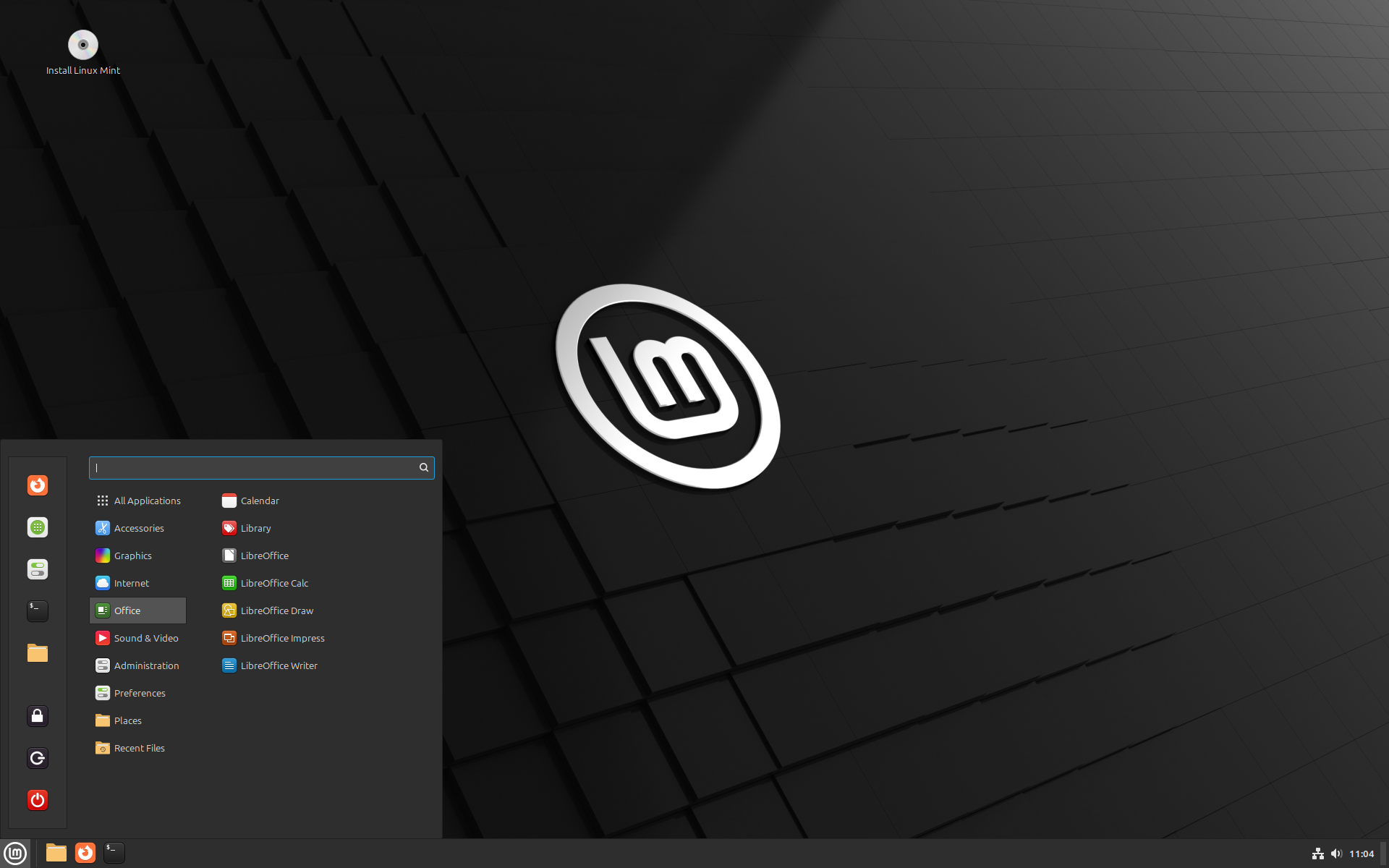- cross-posted to:
- linux@programming.dev
- linux@lemmy.ml
- cross-posted to:
- linux@programming.dev
- linux@lemmy.ml
The Linux Mint team has just released Linux Mint 22, a new major version of the free Linux distribution. With Windows 10’s end of support coming up quickly next year, at least some users may consider making the switch to Linux.
While there are other options, paying Microsoft for extended support or upgrading to Windows 11, these options are not available for all users or desirable.
Linux Mint 22 is a long-term service release. Means, it is supported until 2029. Unlike Microsoft, which made drastic changes to the system requirements of Windows 11 to lock out millions of devices from upgrading to the new version, Linux Mint will continue to work on older hardware, even after 2029.
Here are the core changes in Linux Mint 22:
- Based on the new Ubuntu 24.04 package base.
- Kernel version is 6.8.
- Software Manager loads faster and has improved multi-threading.
- Unverified Flatpaks are disabled by default.
- Preinstalled Matrix Web App for using chat networks.
- Improved language support removes any language not selected by the user after installation to save disk space.
- Several under-the-hood changes that update libraries or software.



Tbf, most distros work on older hardware.
Eh, depends how much older. My daily is a Thinkpad x201, and while I love Linux Mint, every once in a while I get curious about other distros. However, as many times as I’ve tried, there’s a bunch of distros whose LiveUSBs just won’t boot (for example Pop! OS).
I wish I could get an x201 with an identical form factor and keyboard, indicator lights, etc, but otherwise upgraded components (cpu/ram/display/ports). That is my dream.
I also have an x201, but it runs too warm and too noisy for me to keep up with it. I now have an M1 Macbook which I use Asahi Linux and macOS on with about a 50/50 split. But the x201 feels better in the hand and on the desk.
100%. I know this computer is getting to the end of it’s life. I’ve upgraded it as much as possible (SSD, 8GB of RAM, new battery) and it still lives almost completely on it’s dock.
I’ve previously looked into converting it to a USB or bluetooth keyboard, and now I’m curious if I could convert it to a KVM console for a SteamDeck. I’m not quite sure yet if this idea is brilliant or brain-dead (probably both).
EDIT: Instead of KVM console, I think the more modern term would be a Lapdock.
I think, realistically, anything up to 10 years ago can run most distros. Some better than others, of course, because of the DE load.
I’ve got kde neon on a 2013 MacBook Air and it’s great. I also have put Ubuntu budgie and SDesk on an old HP Chromebook with 4gb of ram. And, obviously the 16gb disk is crippling, but it runs better than expected haha.
Not entirely true in my case, I’ve got an old Inspiron 530 that I have been trying to figure out what to do with. Well it ran Vista from the factory so that’s worthless now, so I figured I’d try putting Linux on it. Every single distro I tried installing just wouldn’t get past the splash screen. Mint, Ubuntu, Arch (GUI and manual installer), Pop_OS, ChimeraOS, nothing. Trying different USB media writing methods did nothing or made it not even show as a bootable device. Finally got Xunbuntu to work on it and even that took 3 attempts to install.
I’ve got a more recent HP that was originally Win 7 that did have a much higher success rate and an old Acer laptop that straight up will not boot Linux without a high amount of errors or just completely borked graphics even with multiple distros.
But I’m also an idiot so it’s probably me.